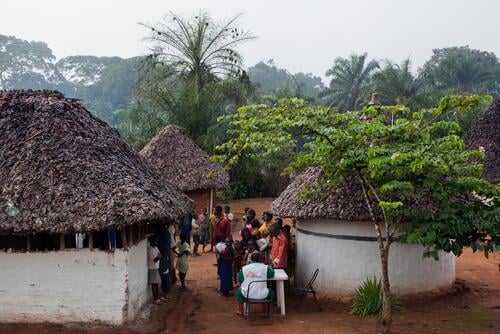They cover neglected tropical diseases, such as kala azar (visceral leishmaniasis) and sleeping sickness (human African trypanosomiasis), plus issues such as snakebite envenoming, but also Chagas, noma, cutaneous leishmaniasis, and others.
These diseases are considered ‘neglected’, as – although they are usually life-threatening and claim thousands of lives every year – the pharmaceutical and diagnostic industries ignore the development of vaccines, diagnostic tools and drugs to tackle them.
Neglected diseases


Noma is a gangrenous infection which starts in the mouth and eats away at facial tissue, causing life-threatening disfigurement and severe social stigma. Without treatment, noma is fatal in 90 per cent of cases. If affects mostly children under the age of 10 – especially those between the ages of two and five – across Africa and Asia. Derived from the Greek word, nomē, meaning ‘to devour’, noma’s progression is fast, causing the rapid destruction of the cheek, and potentially the jaw, lip, nose and/or the eye, within just weeks.
Find out more on noma
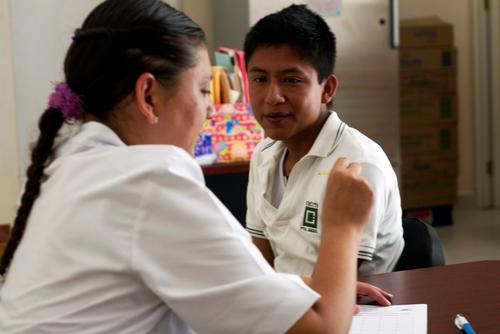
Chagas is a parasitic disease that is found mostly among people in Latin America, and which causes 100,000 deaths each year. It is an invisible disease, in which people can be infected by the parasite, Trypanosoma cruzi, for years without knowing; as many as 7 million people are estimated to have the disease. If left undetected and/or untreated, up to 30 per cent of people will develop the life-threatening chronic form of the disease, which causes irreversible damage to the heart, oesophagus and colon.


Cutaneous leishmaniasis is the most common form of the three leishmaniasis diseases – the most deadly being visceral leishmaniasis (also known as kala azar). Caused by a parasite transmitted by a type of sandfly, it’s found mostly in the Middle East, north Africa, central Asia and the Americas; up to 1 million new cases occur each year. The parasite attacks the skin, leaving ulcers – or lesions – leading to life-long scars and stigma. We treat cutaneous leishmaniasis at several sites across Pakistan.

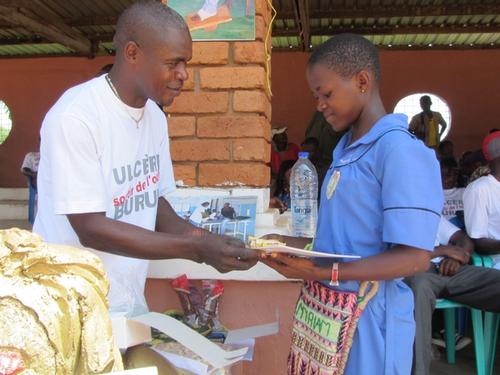
Buruli ulcer is a disease that affects the skin and sometimes the bone. It’s caused by a group of bacteria from the same family that causes tuberculosis and leprosy; patients will experience an area of swelling, which – without treatment – will ulcerate. If the bacteria infects the bone, it can cause the form of the affected area to significantly change. As many as 5,000 cases were being reported annually worldwide up until 2010, when the number of people with the disease began to decline; the number reached just short of 2,000 cases at the lowest point in 2016, before beginning to rise again, when almost 3,000 cases were recorded in 2018. MSF handed over our last Buruli ulcer projects in Cameroon in 2014.
Featured
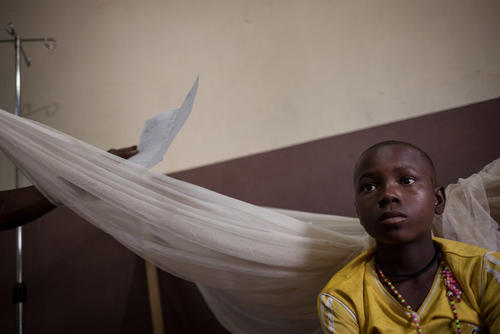
Governments slated to vote on first-ever resolution at World Health Assembly
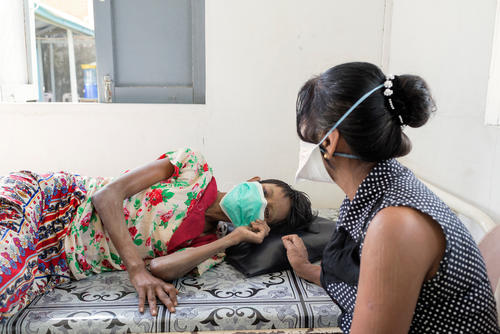
Myanmar: treating HIV, TB, and hepatitis C in Insein clinic, Yangon
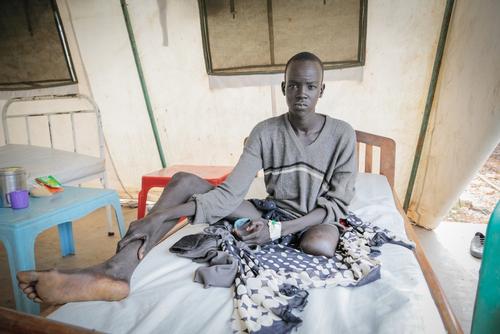
MSF welcomes WHO decision to include snakebite on Neglected Tropical Diseases list
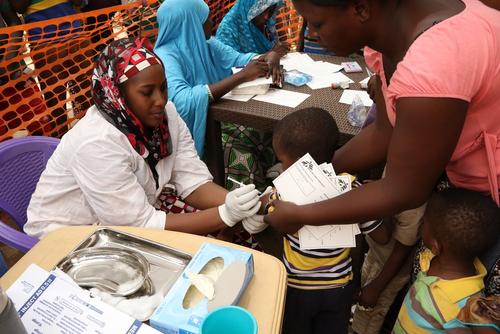
MSF teams support vaccination campaign against meningitis C outbreak
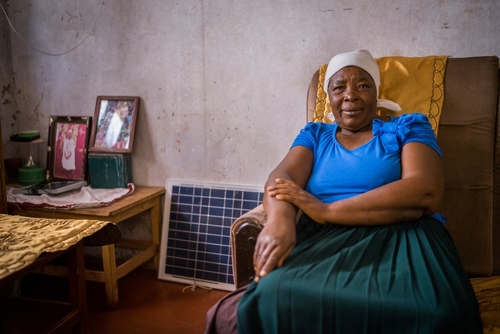
Preventing cervical cancer
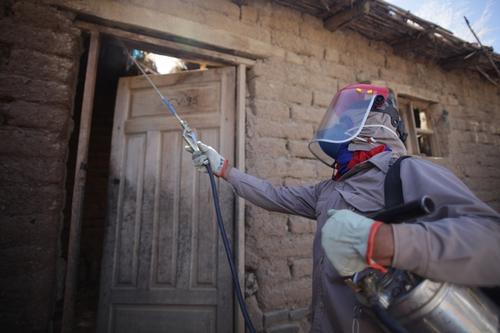
MSF develops an information system for exterminating the bugs that transmit Chagas

MSF Field Research
We produce important research based on our field experience. So far, we have published articles in over 100 peer-reviewed journals. These articles have often changed clinical practice and have been used for humanitarian advocacy. All of these articles can be found on our dedicated Field Research website.
Visit site




